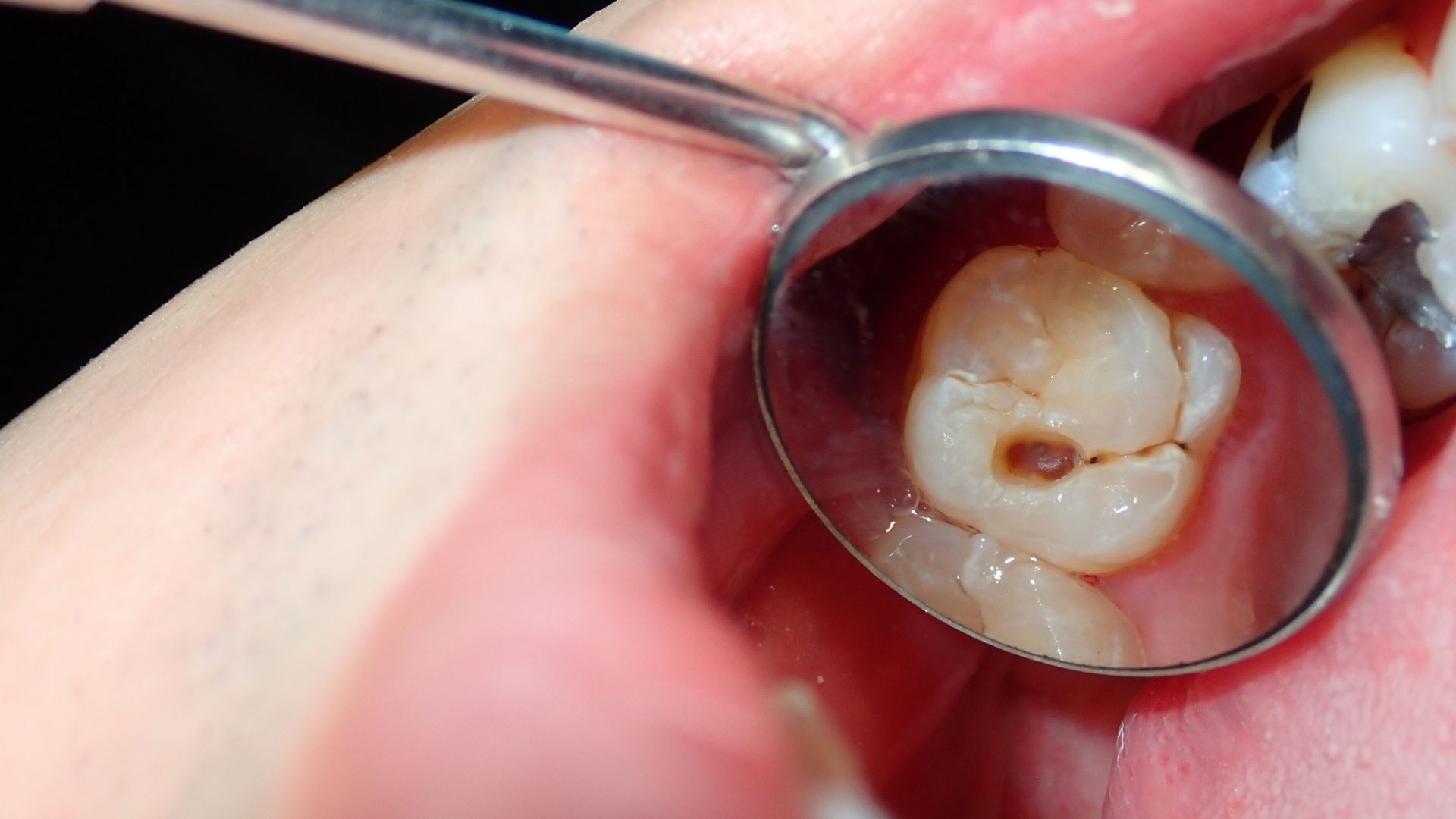Dental implants are one of the most trusted ways to replace missing teeth. They offer strength, a natural look, and long-term function. However, like any surgical procedure, dental implant complications can sometimes occur. While most people recover smoothly, a small percentage may face issues either during the healing phase or later.
If you’re thinking about getting dental implants in Mira Road or already have one, it’s important to know what can go wrong and how to prevent it. Speaking with a qualified dentist in Mira Road can help you better understand the risks, spot early warning signs, and ensure proper care throughout your treatment.
This article explains the possible complications, what causes them, and how you can lower your risk. Whether you’re exploring implants for the first time or dealing with a concern, understanding both the benefits and potential problems is key to long-term oral health.
Understanding the Basics of Dental Implants
A dental implant is a small titanium post placed into your jawbone to replace a missing tooth root. Once healed, a crown or artificial tooth is fixed on top. Implants are commonly used for single or multiple missing teeth and even complete mouth restoration.
They are generally safe when done by experienced professionals. Still, to ensure long-term success, they require proper planning, good oral hygiene, and regular follow-ups.
This article is for informational purposes only and does not replace professional medical advice. Individual health conditions can affect outcomes.
Common Dental Implant Complications to Be Aware Of
While dental implants have a success rate of over 95%, complications can still occur, mainly if certain factors aren’t controlled. In the early stages after surgery, problems like swelling, bleeding, or infection may happen. These are usually temporary and manageable with medication and care.
In some cases, later issues may arise:
- Implant movement or failure due to poor bonding with the bone (failed osseointegration)
- Nerve damage if the implant is placed too close to nerves
- Bone loss around the implant
- Inflamed gums or peri-implantitis, an infection that affects tissues around the implant
- Allergic reactions to the titanium material, though rare
“According to the Indian Society of Oral Implantologists, the average implant success rate in India is over 95%, but complications can still arise due to poor oral hygiene, smoking, or uncontrolled diabetes.”
Why Do Dental Implants Fail?
Implant failure can be caused by many reasons, some of which are preventable. The most common reason is infection, known as peri-implantitis. This happens when plaque builds up around the implant and irritates the gums and bone.
Another reason is poor bone quality. If the jawbone isn’t strong or thick enough, the implant may not stay firm. That’s why bone grafting is sometimes needed before placement.
Other causes include:
- Poor surgical technique
- Diabetes and uncontrolled medical conditions
- Smoking, which reduces blood flow and slows healing
- Not following post-surgery care instructions
“Peri-implantitis is one of the leading causes of late-stage implant failure, and is seen in up to 20% of cases within 5 years post-surgery.” — Journal of Clinical Periodontology, 2023
Signs of Trouble After Dental Implant Surgery
It’s important to know what to look out for after getting an implant. Some mild discomfort is normal in the first few days. However, if symptoms worsen or continue for weeks, it could be a sign of a complication.
Watch for these signs:
- Continuous or worsening pain
- Swelling that doesn’t go down
- The implant feels loose or moves when touched
- Gum recession or pus near the implant
- Bad breath or a metallic taste that doesn’t go away
“Early diagnosis of complications significantly improves implant salvage outcomes.” — Indian Dental Research Foundation.
Can Complications Be Treated or Reversed?
Yes, most complications can be managed if caught early. Infections can often be treated with antibiotics. If the implant becomes loose but the bone is healthy, the crown may need adjustment.
In more serious cases, such as implant failure or bone loss, a second surgery may be needed. Bone grafts or complete removal and replacement of the implant are possible.
Here’s a summary of common problems and treatments:
|
Complication |
Common Fix |
Approximate Cost Range (INR) |
| Minor infection | Antibiotic therapy | ₹1,000 – ₹2,500 |
| Peri-implantitis | Deep cleaning, laser therapy | ₹3,000 – ₹7,000 |
| Implant failure | Removal + re-implantation | ₹25,000 – ₹45,000 |
| Bone loss | Bone graft procedure | ₹15,000 – ₹30,000 |
Prices vary based on the city, materials, and clinic procedures.
How to Minimize the Risk of Implant Complications
The best way to avoid problems is to plan well and take care of your oral health. Start with a proper consultation, where a qualified dentist reviews your health, takes 3D scans, and checks your bone levels. After surgery, follow all care instructions carefully. Avoid smoking, and make sure to attend follow-ups.
Brushing and flossing daily, along with regular dental cleanings, also go a long way toward keeping implants healthy.
When to Consider Alternatives to Dental Implants
While dental implants work well for most people, they’re not suitable for everyone. Some may have medical or bone conditions that prevent safe placement.
In such cases, options like dental bridges or removable dentures may be better. These also restore function, though they have different care needs and durability.
Cost can also be a factor. Treating complications adds to the original dental implant cost, so planning and preventive care are essential.
Frequently Asked Questions (FAQs)
How common are dental implant complications?
Most dental implants succeed. Complications occur in about 5–10% of cases, usually due to poor hygiene, smoking, or other health conditions.
What are the signs that my dental implant might be failing?
Look for pain, swelling, loosening, or gum recession. A dentist should check for bad breath or pus near the implant right away.
Can failed dental implants be fixed?
Yes. Depending on the cause, treatments can include medication, cleaning, bone grafts, or implant replacement. Early care helps improve results.
Is there a risk of allergy to implants?
Titanium allergy is very rare. If needed, your dentist may recommend alternative materials like zirconia for people with known allergies.
Are dental implants safe in India?
Yes, when done by trained professionals using certified materials and proper hygiene standards. Choosing a reputable clinic is key to long-term success.
What is the cost of treating dental implant complications?
Simple infections may cost a few thousand rupees. Depending on the case, complex issues like re-implantation or bone grafting can cost over ₹30,000 rupees.
Conclusion
Dental implants are a long-lasting solution for missing teeth, but like any treatment, they come with possible risks. Knowing what to expect, how to spot problems early, and how to care for your implant can make all the difference. If you’re planning to get implants or are facing post-treatment issues, it’s wise to speak with a dentist in Mira Road who is experienced in handling both the procedure and its possible complications.
Sources and References
- Indian Society of Oral Implantologists
- Dental Council of India (DCI) Guidelines
- Journal of Clinical Periodontology (2023)
- Indian Dental Research Foundation
- WHO Oral Health Reports








